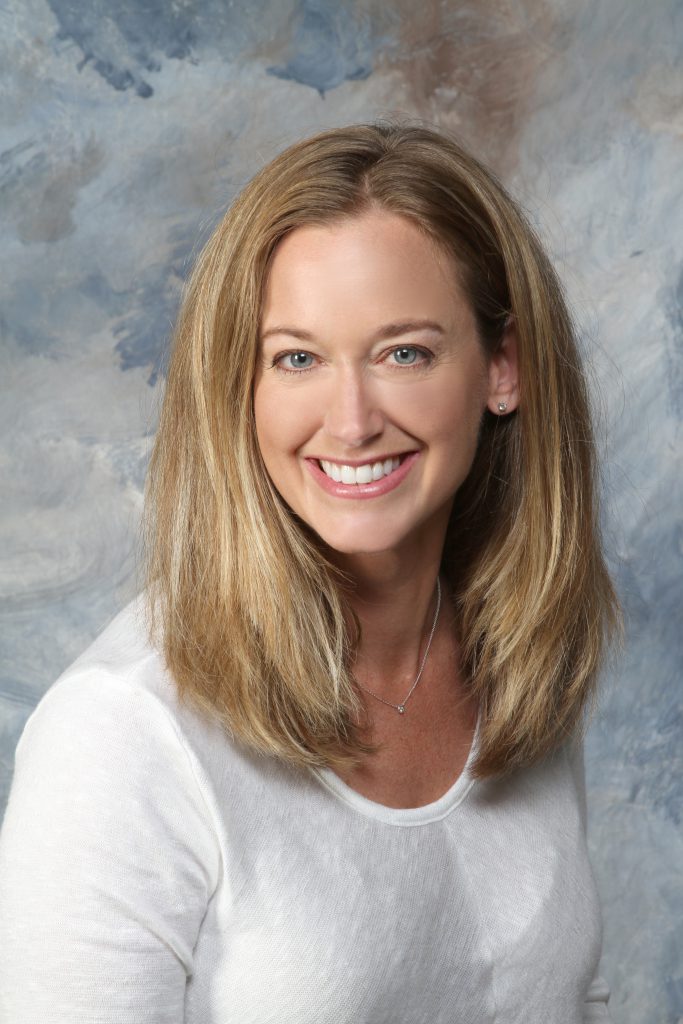UT psychologist challenges accuracy of method to interview child witnesses
August 7th, 2017 by Meghan CunninghamThe reliability of child witness testimony is a prime factor in cases of abuse, but how they are questioned can influence a child’s answers. When faced with choices a child will often pick one, even if the correct answer is not one of the options given.
New research by a University of Toledo psychologist supports asking open-ended questions and challenges an increasingly popular solution for forensic interviewers to add a “something else” alternative choice when questioning young children.

London Newton
“What we found in our research is that even when children may correctly choose the something else option when the other choices are not accurate, the follow-up answer also is inaccurate,” said Dr. Kamala London Newton, UT associate professor of psychology.
For example, a child is asked a question such as whether the interviewer said that her favorite fruit was an apple, a banana or something else. The interviewer never said anything about her favorite fruit, so the child does not know the correct answer. So the child responds with something else, but when prompted with “what is her favorite fruit?” the child replied “carrots.”
London Newton’s research, titled “Does it help, hurt or something else? The effect of a something else response alternative on children’s performance on forced-choice questions,” is published in the August issue of the American Psychological Association journal Psychology, Public Policy, and the Law. She co-authored the article with graduate students Ashley Hall and Nicole Lytle, who have since received their PhD degrees in developmental psychology from UT.
London Newton’s Developmental Psychology Lab studies the best practices in interviewing child witnesses, and she has provided expert testimony on the subject, with her work cited twice by the United States Supreme Court.
“Interviewing young children, particularly those preschool aged, can be a challenge because of their limited communication skills and the fact that they do not resist answering false and unanswerable questions,” London Newton said.
“While providing children choices increases the probability that the child will answer the questions, those answers are too often inaccurate,” she said. “That is especially true if children are asked a question but none of the answer choices provided are accurate because children generally do not reply that they do not know.”
That presents a challenge because child abuse professionals argue that answers to open-ended prompts are too sparse and so forced-choice questions are needed, but it is not possible for those professionals to always be sure that one of the choices they are giving the child is true, London Newton said.
For her latest study, London Newton and her research team interviewed 94 children ages three to five years old. The children had participated in a 20-minute event in which a research assistant touched children on different public locations of their body, such as the elbow, and asked them to show on a doll or drawing where they were touched. Then after a one-week delay the children were interviewed about that event with a series of questions in which half the participants were asked standard questions with two choices and the others were asked questions with those two choices and also given the something else option.
The researchers found that the addition of the something else option did not improve the accuracy of responses. This was the case for all three types of questions asked — true questions in which the correct answer was present, false questions in which no correct answer was provided and unanswerable questions that require speculation, for example is red heavier than yellow?
“Our research supports additional work in this field that shows that the most developmentally appropriate way to pose questions to young children is to avoid forced-choice options as much as possible,” London Newton said. “One of the biggest dangers of including a something else alternative is that it may incorrectly give the interviewers more confidence that the response is accurate. Our findings support that asking open ended questions is the best approach to interviewing young children.”
Tags: College of Arts and Letters
Meghan Cunningham is
UT's Director of University Communications. Contact her at 419.530.2410 or meghan.cunningham@utoledo.edu.
Email this author | All posts by
Meghan Cunningham

